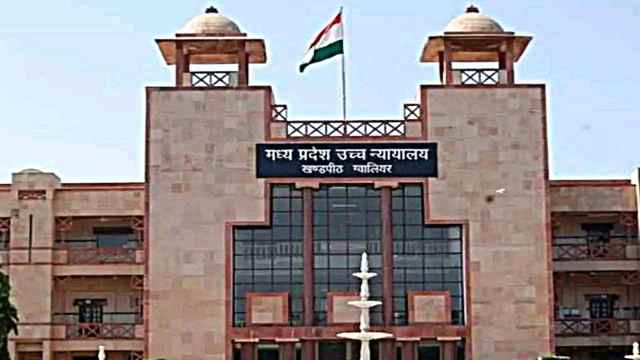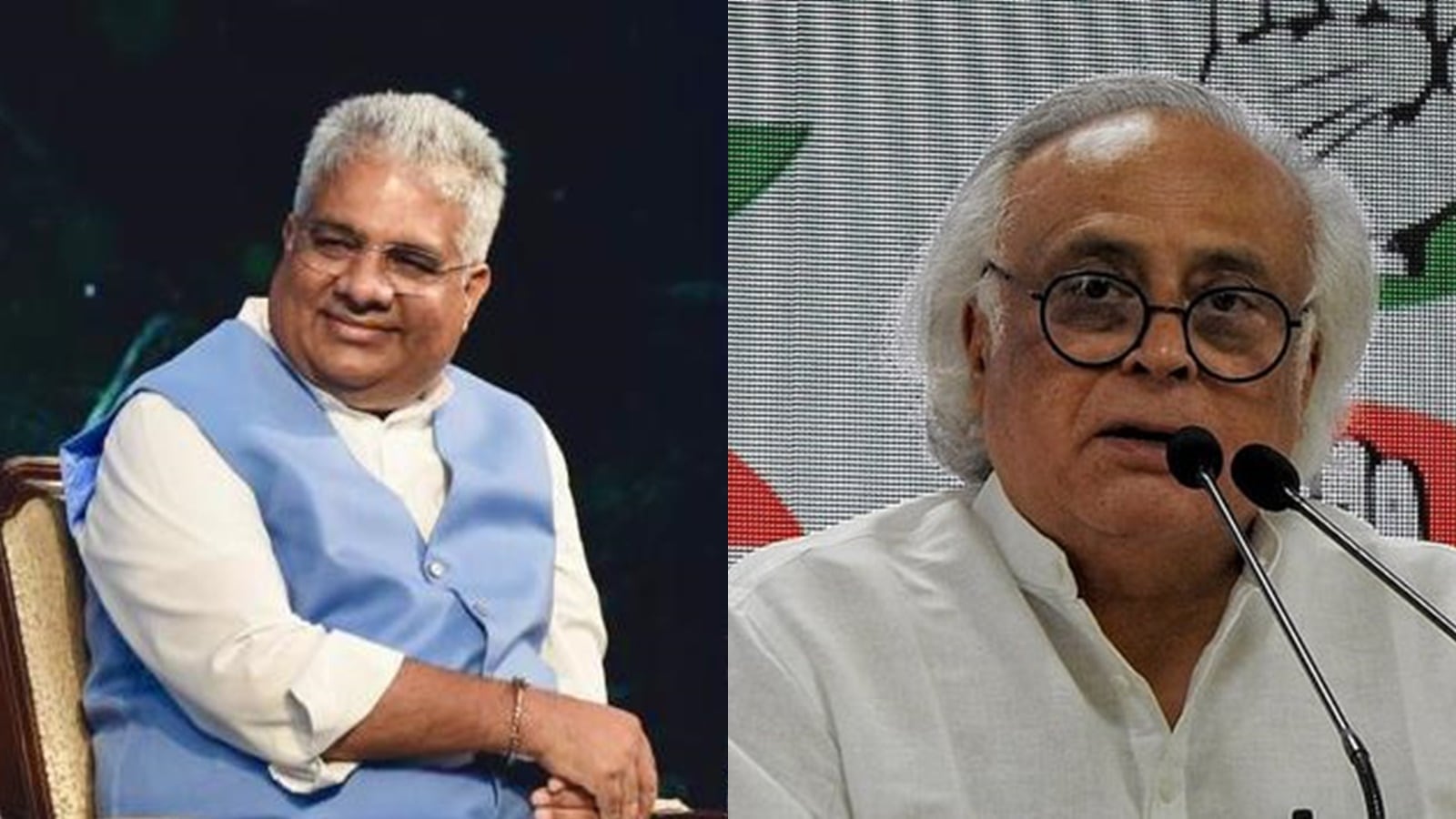ARTICLE AD BOX
 the High Court said the case did not prima facie call for the court’s intervention before the completion of the trial. (File photo)
the High Court said the case did not prima facie call for the court’s intervention before the completion of the trial. (File photo)
Refusing to intervene in a lower court’s denial of bail to a lawyer booked under the Unlawful Activities Prevention Act, the Madhya Pradesh High Court has observed that material seized from him “prima facie reveals that an attempt is being made” to disrupt communal harmony and establish a “Mughal order as it existed” before British rule in India.
The lawyer, who worked as a volunteer with a human rights organisation, was booked in 2023. A chargesheet was filed against him on March 19, 2023, and he was denied bail by a Special NIA judge in Bhopal on February 8, 2025.
He was booked under several IPC sections, including those dealing with criminal conspiracy and promoting enmity between groups. He was also booked under UAPA sections that deal with running terror camps and terror recruiting, among others.
A High Court division bench of Justice Vivek Agarwal and Justice Devnarayan Mishra, while refusing to intervene with the denial of bail to the lawyer, observed that material seized from the house/office of the appellant “prima facie reveals that attempt is being made to cause disruption to the communal harmony amongst members of society to achieve the object of establishing a Mughal Order as it existed prior to the British taking over…”
The counsel for the accused, Advocate Mohammad Tahir, told the court that his client was working as a volunteer with a human rights organisation and that he conducted legal awareness programmes. The lawyer contended that the appellant had not perpetrated anything that could fall within the definition of unlawful activities as defined under UAPA.
However, the High Court said the case did not prima facie call for the court’s intervention before the completion of the trial.
“When we examined the material, we are of the opinion that it is for the trial Court to decide it on the basis of the evidence as to what is the material available to prove or otherwise the charges which have been framed. But prima facie, when examined, then the act of the appellant cannot be said to be such that calls for this Court’s intervention without completion of the trial,” the High Court observed.



.png)
.png)
.png)

























 English (US) ·
English (US) ·